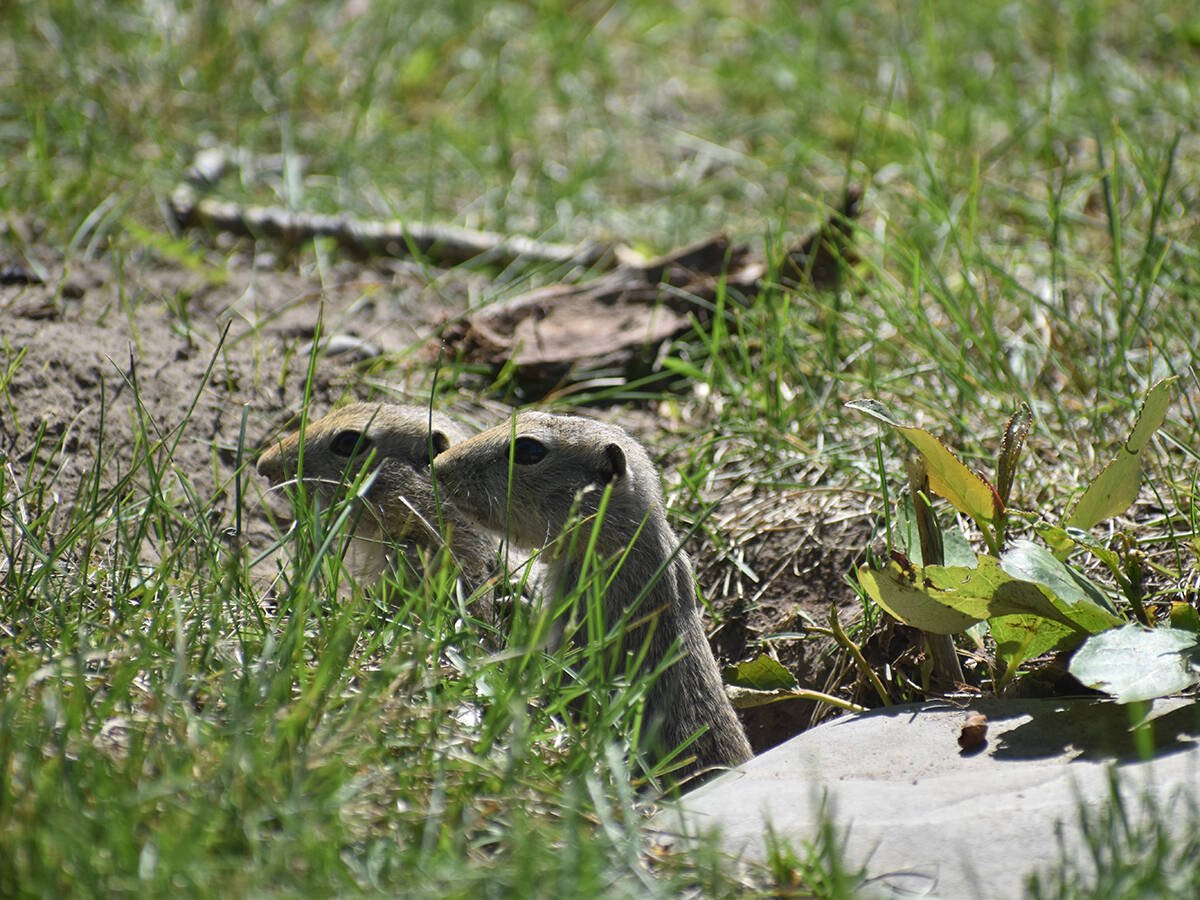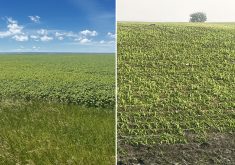REGINA — The Saskatchewan Association of Rural Municipalities is taking a verbal commitment from the federal agriculture minister on strychnine use as a good sign.
Heath MacDonald said during an October standing agriculture committee meeting he would support producers or provinces who apply for an emergency exemption to use the product.
Strychnine was banned for control of Richardson’s ground squirrels in March 2023, and all uses became illegal in September 2024.
Read Also

Biofuel sector happy with federal budget
Advanced Biofuels Canada says new Biofuel Production Incentive is a lifeline until CFR amendments are in place.
MacDonald said there is an exemption available, but he hadn’t seen any requests in his office. However, the Pest Management Regulatory Agency is under Health Canada’s jurisdiction, not agriculture.
“We’ve asked for the reinstatement of strychnine to manage Richardson’s ground squirrels, which as every farmer here knows, aren’t just a nuisance, they’re a plague on our crops,” SARM president Bill Huber told delegates to the organization’s midterm convention earlier in November.
He later told reporters he was optimistic the government would move on the issue, given MacDonald’s support and the push from provinces and municipalities.
“We’re a lot of steps away from becoming reality, but I think we’re further ahead now,” Huber said.
Delegates passed a resolution calling on SARM to lobby both levels of government for better alternatives to strychnine, or its reintroduction until better alternatives are found. They also want the province to enact legislation to control the gopher overpopulation.
Producers say the alternatives to strychnine don’t work as well. The zinc phosphide products have to be placed early in the year.
Sameer Thakker, president of the Canadian Pesticide Management Association, said the future will focus on integrated rodent management.
Human development, global movement of goods and people, and the changing climate have all affected pests.
“I always say we live in the pests’ world, they don’t live in our world,” he told the convention.
Integrated rodent management includes education, elimination or reduction of water and food sources, and then control.
Thakker said several jurisdictions have banned what he calls second-generation rodenticides because they are highly toxic to non-target animals.
The PMRA and Environmental Protection Agency in the United States are both reviewing all rodenticides. Thakker said the industry believes some products will be reclassified. Some may be allowed for certain periods of time and in certain locations.
“You can’t fix a rodent problem by banning chemistry, but you fix it by managing the rodents,” he said, referring to research out of California.
Thakker expects training courses will be necessary. The risks of using rodenticides, the proper use of personal protective equipment and following the labels are critical.
For example, mandatory carcass search and removal procedures will have to be followed.
“That is the case even if you currently look at the label for Rozol and a number of these products that are out there,” Thakker said.
“There is some requirement around pick-up of dead animals.”
He said conversations have to extend beyond rodenticides to raptor programs, alternative products, use of bait stations and the changing habitat of the pests.
People must educate themselves on the biology of the pest with which they are dealing . As well, they can’t complain about a problem but do nothing to prevent or address it.
“We will not be able to say the pests are never going to be here,” he said.
















